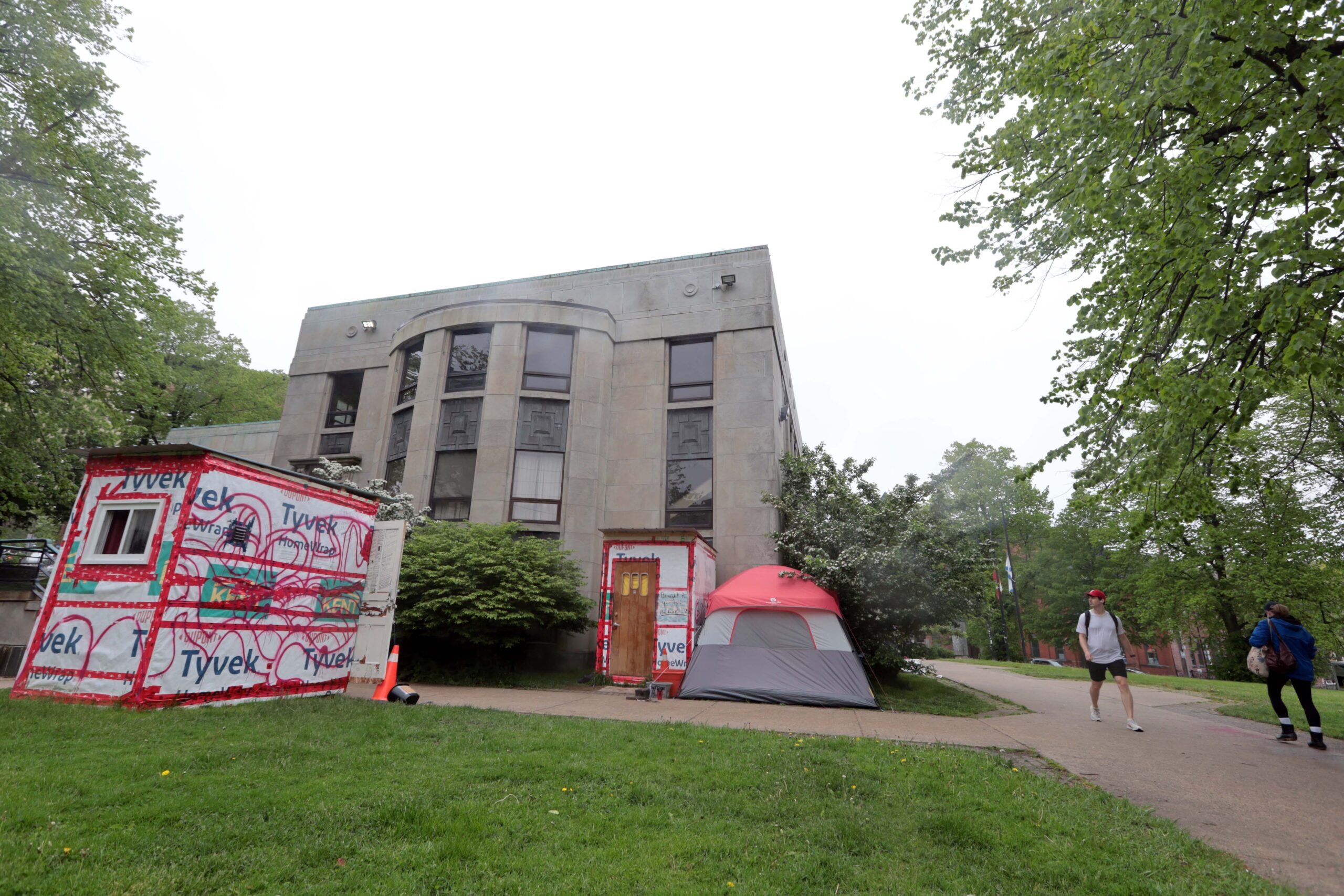Saltwire Opinion: CASSIDY BURGOYNE: Oppressive system adds to ranks of homeless in Nova Scotia
Posted June 8, 2021
Posted June 8, 2021
Cassidy Burgoyne of Halifax is a social work student at St. Thomas University in Fredericton, N.B.
 This is a call to our provincial government to unveil the strategies it plans to implement to address the rising housing crisis in Halifax.
This is a call to our provincial government to unveil the strategies it plans to implement to address the rising housing crisis in Halifax.
The people are looking for answers on what long-term changes will be introduced in terms of rent control and updated policies, once the short-term, Band-Aid measures that have been implemented are terminated by February 2022 or sooner when the state of emergency ends.
I’d also like to ask: are you who call the shots aware of whom this housing crisis is affecting the most?
It should be no surprise that I should bring awareness to the widening social divide, as those who are most vulnerable continue to be marginalized and oppressed.
According to Canada without Poverty, those living with disabilities, single parents, elderly individuals, youth and racialized communities are most likely to be facing poverty as well.
People with a disability are twice as likely to live below the poverty line; Indigenous and Black individuals are overrepresented among the homeless population; one in 10 Canadians cannot afford to fill medical prescriptions and almost one in five households experiences serious housing affordability issues.
Measures have been temporarily put in place for those who still have a home, such as the two per cent rent-increase cap and a ban on what is being termed “renovictions.”
Little is being done, however, to address the specific populations that are affected and discriminated against. Over the last two years, some have experienced rental increases of up to 90 per cent, as well as faced strong-arm tactics from landlords.
Prior to this temporary halt announced last November, some were not able to afford the increases and had to choose between health and a home — or faced the much more sombre circumstance of homelessness.
Since 2019, the homeless population has doubled to 448 individuals in Halifax Regional Municipality — a statistic that does not account for hidden homelessness. According to the Affordable Housing Association of Nova Scotia, of those 448 individuals, 348 experience chronic homelessness, 93 are Indigenous, 72 are of African descent and 148 are tri-morbid (a combination of mental and physical ill health and substance misuse).
Therefore, I ask again: Are you aware of whom this housing crisis is actually affecting? What are you doing to help those who have already become victims of this rising crisis?
Homelessness has been a social problem in Halifax since long before COVID-19 struck, yet the pandemic has shown how multiple oppressive systems in society intersect to further create injustice for certain population groups.
We continue to employ dated approaches and so-called solutions that are not reflective of Halifax’s growing diverse population and societal needs.
Elected officials have talked about what they intend to do after the pandemic is over, and that solutions are in the works. Yet, very little is being done for those who are beyond the threshold of rent control and evictions, as they already face the consequences of homelessness.
Recently, Nova Scotia announced that $6.4 million was being committed to permanent housing for those facing homelessness. Although that’s a start, the Affordable Housing Commission has called on the government for a $25-million initial investment in order to meet the needs of those previously left behind by the government.
The Affordable Housing Commission, in its recent report, stresses that $25 million would create the 600 to 900 houses that are desperately needed by individuals who already have nowhere to go. With only $6.4 million being funded currently, one wonders who will be left out of this plan.
Other solutions have been put forward by community-based initiatives such as ACORN Nova Scotia, as well as other leaders. ACORN advocates solutions such as permanent rent control, a vacancy tax to encourage developers to lower rents, and a full review of the Residential Tenancy Act.
Others, like NDP MLA Lisa Roberts, have drafted a bill called the Rental Fairness and Affordability Act. After three years, however, it is still stalled in the legislature. Therefore, it is not a question of finding solutions to these social inequalities; it is a question of when you are actually going to do something about them.
When will the government produce equitable, long-term strategies to solve this crisis?
***
Source: Saltwire
